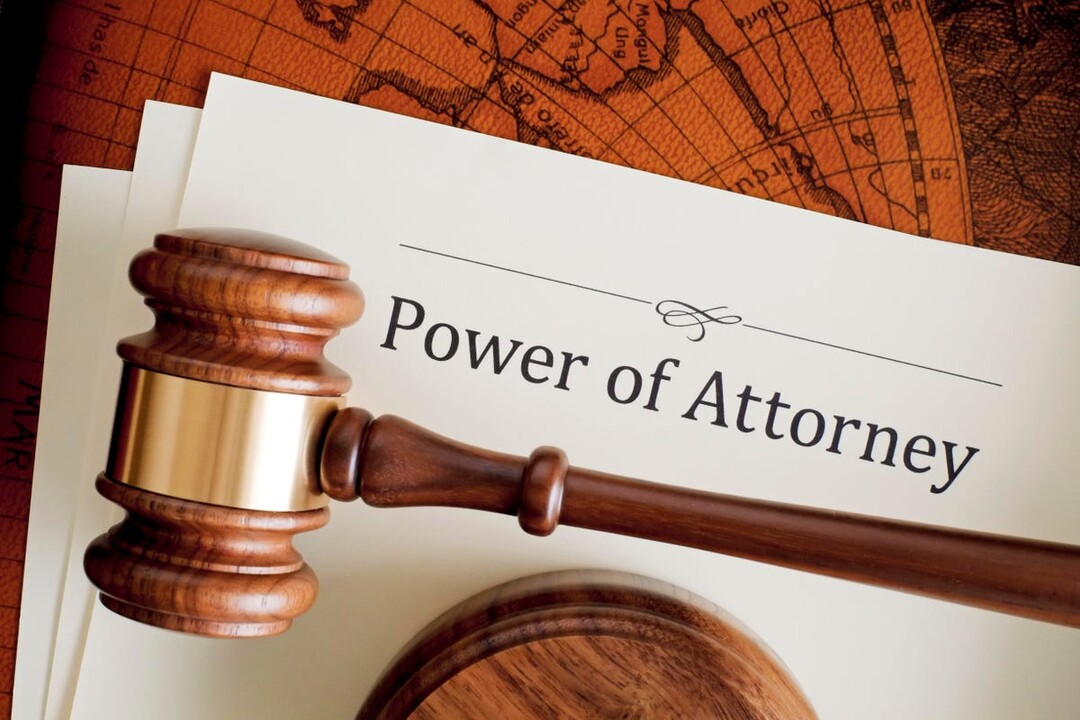Elder abuse is a serious issue that affects countless older adults, often occurring in situations where trust and authority have been granted to others. One common scenario involves the misuse of a Power of Attorney (POA), a legal document that allows an appointed individual, known as the agent, to make decisions on behalf of an elderly person, referred to as the principal. In Arkansas, addressing elder abuse concerns related to POA requires vigilance, understanding of the law, and proactive steps to protect the rights and well-being of the elderly.

Understanding the Role of Power of Attorney
A Power of Attorney grants the agent the authority to manage financial, medical, and other personal affairs for the principal. This responsibility is meant to serve the best interests of the elderly person, particularly when they are no longer capable of making these decisions themselves. However, this power can be abused if the agent acts inappropriately or against the wishes of the principal, leading to financial exploitation, neglect, or other forms of abuse.
Recognizing the Signs of Abuse
To address potential elder abuse in the context of a Power of Attorney, it is crucial to recognize the warning signs. These can include unexplained withdrawals from bank accounts, sudden changes in estate planning documents, isolation of the elderly person from family or friends, and a noticeable decline in the principal’s physical or mental health without a clear cause. If any of these indicators are present, it may be time to take action to protect the elderly individual.
Steps to Prevent and Address Abuse
- Choose a Trustworthy Agent: The first and most crucial step in preventing abuse is selecting an agent who is trustworthy, responsible, and genuinely concerned for the well-being of the elderly person. The principal should consider choosing a family member, close friend, or professional who has a proven track record of integrity. It’s important to communicate openly with the chosen agent about their responsibilities and the expectations for how they will manage the principal’s affairs.
- Monitor the Agent’s Actions: Regular monitoring of the agent’s decisions and actions can help detect any signs of abuse early on. Family members or a third party, such as an attorney or accountant, can be involved in reviewing financial statements, medical decisions, and other activities conducted under the Power of Attorney. This oversight acts as a safeguard, ensuring that the agent is acting in the principal’s best interests.
- Include Safeguards in the POA Document: When drafting the Power of Attorney, consider including specific provisions that limit the agent’s authority or require periodic reporting to a third party. For example, the document can specify that major financial decisions require the approval of another family member or that the agent must provide regular updates on their actions to a trusted advisor. These safeguards can reduce the risk of abuse by ensuring that the agent remains accountable.
- Seek Legal Intervention: If there is evidence that the agent is abusing their power, it’s essential to take immediate action. In Arkansas, concerned parties can petition the court to revoke the Power of Attorney and appoint a new agent. Additionally, contacting an elder law attorney can provide guidance on how to proceed with legal action, including the possibility of filing for guardianship or pursuing criminal charges if necessary.
- Educate and Advocate: Educating the elderly person and their family about the potential risks associated with Power of Attorney can empower them to make informed decisions and recognize abuse if it occurs. Advocating for stronger protections and monitoring within the community can also help raise awareness and prevent abuse in other cases.
Conclusion
Addressing elder abuse concerns related to Power of Attorney in Arkansas requires a combination of vigilance, legal knowledge, and proactive measures. By carefully selecting a trustworthy agent, monitoring their actions, and being prepared to intervene if necessary, families can help protect their loved ones from the risks of abuse. Ensuring that the elderly are treated with respect and dignity is a shared responsibility that requires ongoing attention and commitment from everyone involved.
